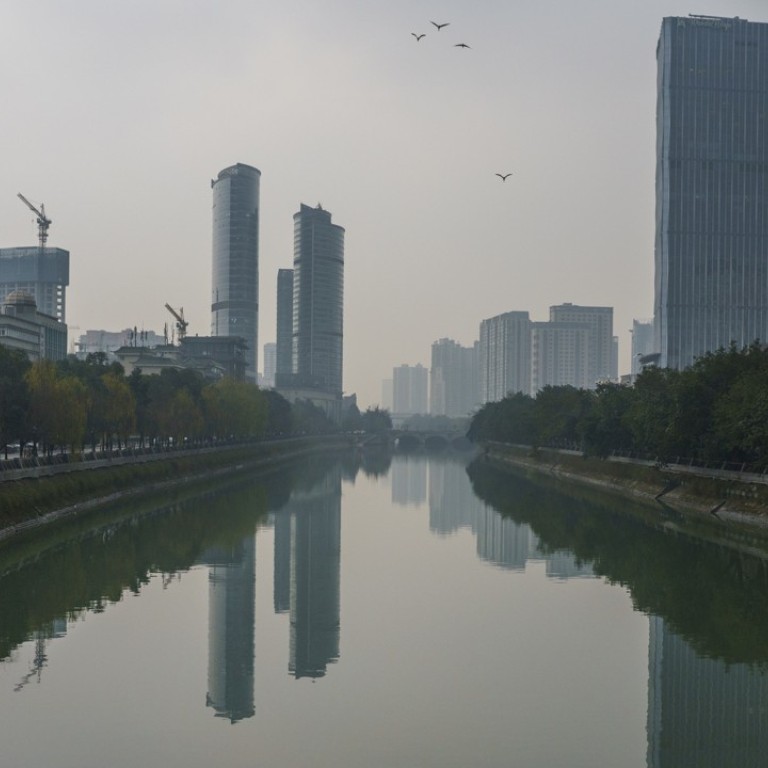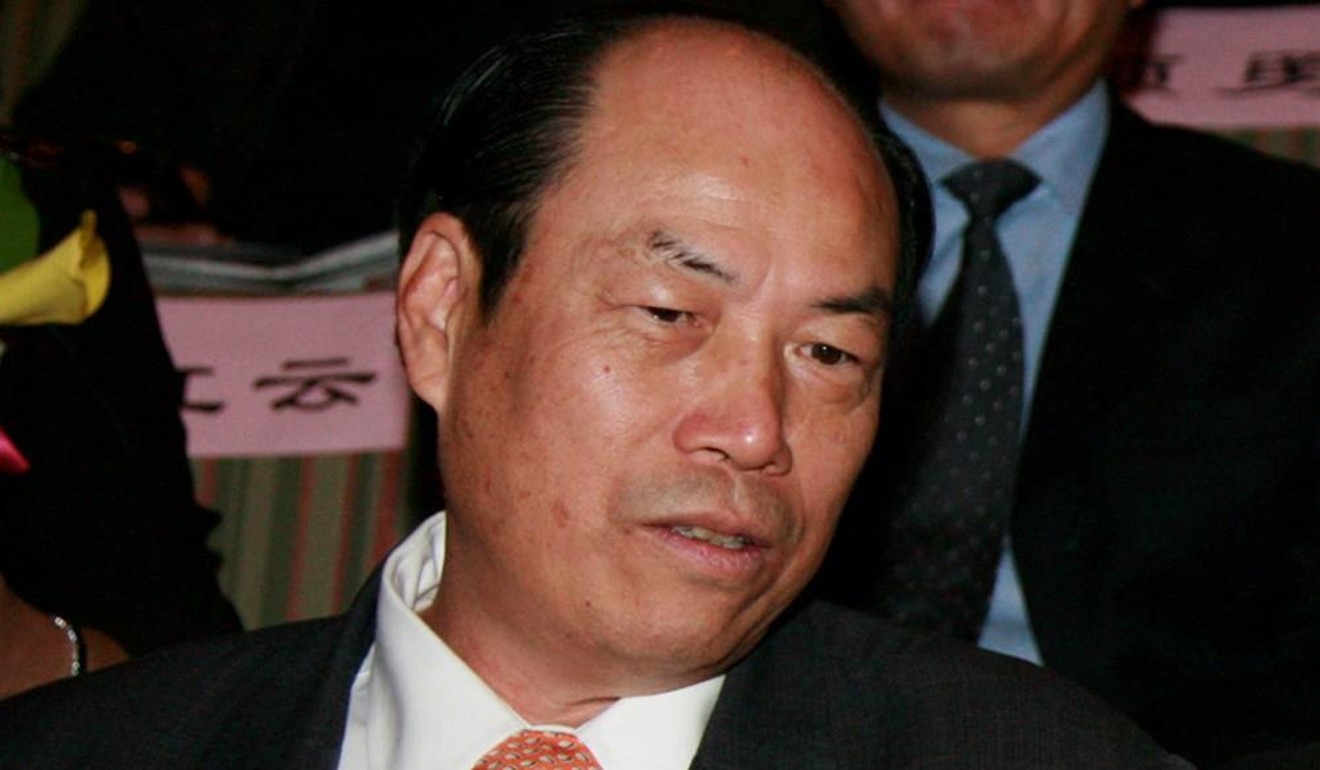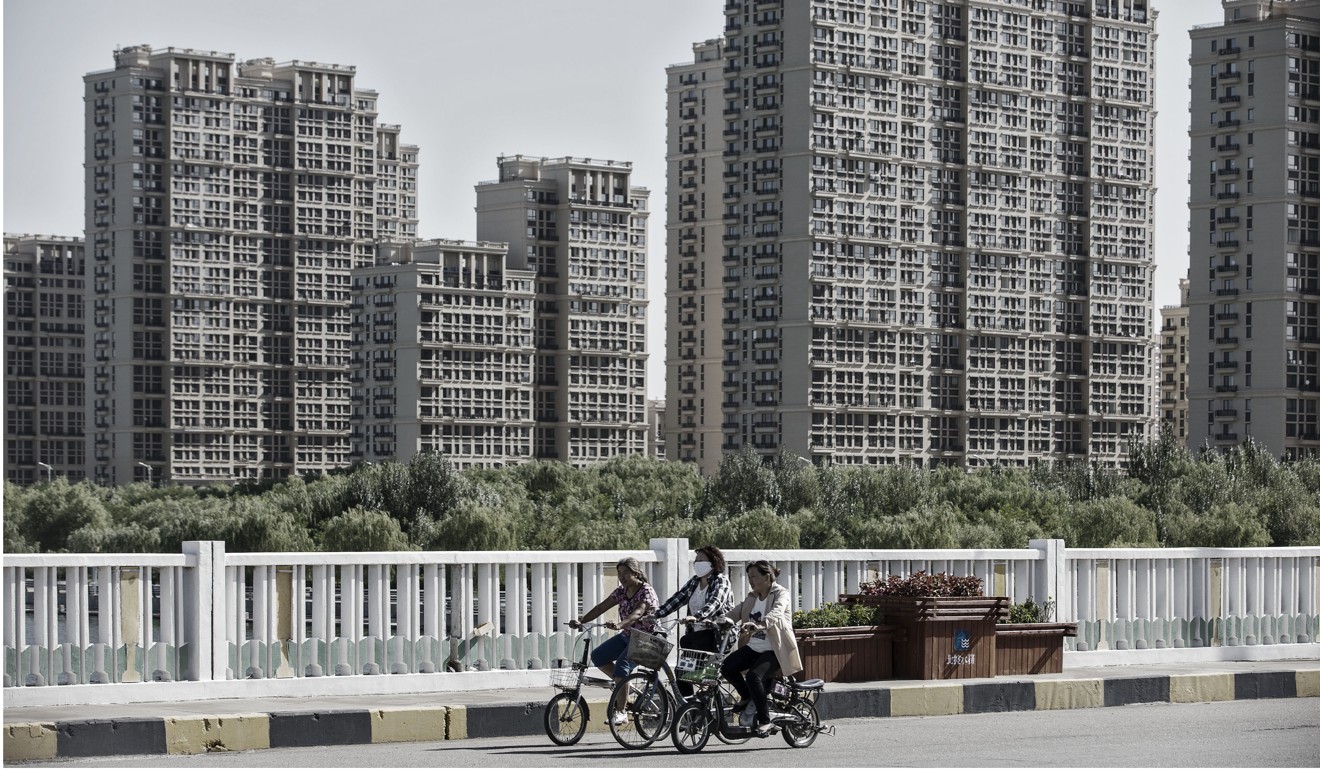
China’s property giants accelerate land purchases, leverage scale to squeezed out smaller players
China’s property sector has increasingly become a battlefield between major developers seeking to leverage scale over profit, using their size to squeeze out smaller players who struggle with less preferential lending rates and other market barriers.
Making it on to the rankings of the largest property developers by annual sales has taken on increasing importance in recent years.
Beyond honour and reputation, the result matters for companies in securing resources to remain competitive in coming years.
“I know a boss of a developer who kept urging his staff to race into the top 100. He said banks wouldn’t consider giving him loans unless he made into the top 100,” said Ouyang Jie, vice-president of Shanghai-listed Future Land.
Wang Xi, executive vice president of Yanlord Land Group, a mid-size Shanghai developer, said size was important when it came to doing business.
“If you don’t have size, local governments won’t sell you land, banks won’t lend you money and buyers won’t trust your brand. So scale is implicit endorsement. Scale decides your resource integration capability. Scale decides if you’re relevant,” Wang said.
The trade-off between scale and profit is an ongoing concern in the property sector, with some critics charging that the debate has become lopsided towards scale at any cost versus prudence.
“Market consolidation is a major reason for investors’ confidence towards major developers even as China’s overall property outlook is less sanguine. For smaller developers the question now is not profitability, but that if you don’t grow big, your survival is a question,” said Xu Chao, a property analyst with Tianfeng Securities.
Country Garden, once an obscure developer reliant on projects in third and fourth-tier cities, has ridden the property boom to surpass China Vanke and China Evergrande Group as the country’s largest developer.
Its 2017 contracted sales leapt 78 per cent to 550 billion yuan (US$87 billion). The company’s share price has soared 134 per cent during the past 12 months.
But three years ago the company’s strategy of focusing on smaller cities was dismissed by investors, a decline in confidence that was reflected in its tumbling share price. Meanwhile, other major developers rushed to the nation’s top cities in the belief that smaller cities were glutted with unsold housing stock. China Vanke became sceptical of the housing market, reflected by its decision to slow the pace of land acquisitions, reduce debt and explore new businesses.

But Country Garden’s peasant-born founder Yang Guoqiang kept buying land in smaller cities in 2015, despite opposition from executives, according to a recent memoir by the company’s former chief financial officer Wu Jianbin.
The bet paid off when the property market boomed the following year.
Yang is also proud that 58 per cent of his company’s sales come from third and fourth-tier cities, and the company’s average home price of 9,080 yuan per square metre is the lowest among the top 10 developers. Country Garden’s 22 per cent gross margin is also among the lowest of the top developers.
In recognition that they had been wrong about the market, China Vanke ramped up its land acquisition activities since the second-half of 2016, buying 50 per cent more land than it did in 2015.
China Overseas Land and Investment, once a developer known for financial prudence, has shifted its strategy under president Yan Jianguo since 2017, aggressively acquiring land in smaller cities. During 2017 its land purchases more than doubled.
Major developers have come up with new tactics to acquire land. One is to form a consortium to bid for land and jointly develop the site.
Mainland developers are also willing to accept private equity funds as shareholders, reversing their prior resistance, even as it means sharing profits.

According to the China Index Academy, the top 10 mainland developers bought 6.23 trillion yuan worth of land in 2017, more than the next 89 largest developers combined. The top 10 largest developers have seen the value of their market share rise to 47.7 per cent in 2017, up from 39.8 per cent in 2016.
A sense of existential crisis has spread among smaller players, with many considering selling projects to the bigger players.
“In this race everyone is scared of falling behind. Those falling behind will be eaten by lions,” Wang said.

